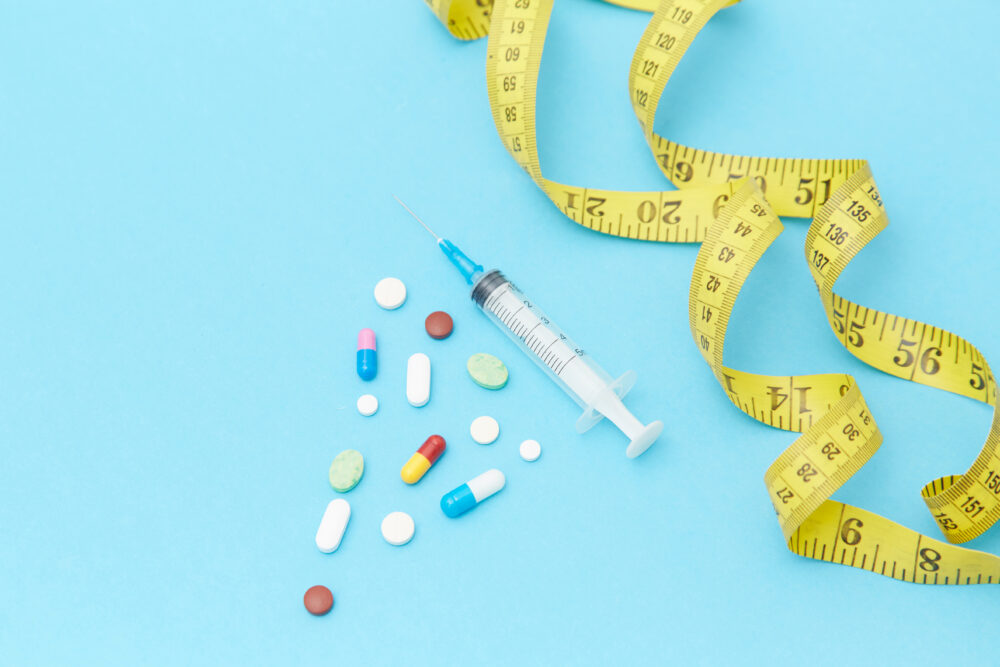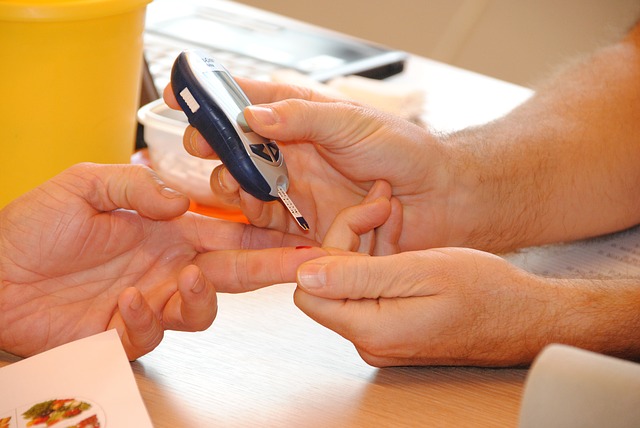The Importance of Vitamins after Bariatric Surgery
Bariatric surgery is an effective treatment option for obesity. It helps people achieve and maintain weight loss, contributing to their health and overall quality of life. Bariatric surgery can be a life-changing treatment for many people, as long as they follow the importance of maintaining vitamin intake and surgeon guidelines once the procedure is complete.
Vitamins after bariatric surgery play a huge role in:
- Tissues
- Immune functioning
- Metabolism
- Neurological functioning
At Malladi Bariatrics, you’ll experience compassionate surgical care under the expertise of Dr. Malladi. Her personalized approach combines her dedication to staying on top of surgical advancements to ensure you have the best possible care during and after your weight loss journey.
In this article, we’ll discuss the importance of vitamins after bariatric surgery in Dallas. You’ll learn about which vitamins are beneficial and some of the risks of not taking the vitamins after surgery.
Why are Vitamins Important after Bariatric Surgery?
After you undergo bariatric surgery in Dallas, your body deals with some changes in how it absorbs vitamins and nutrients. Vitamins are important for your overall health, so if your body isn’t absorbing them properly after surgery, it can cause issues.
Malabsorption of nutrients: Bariatric surgeries like gastric bypass and sleeve gastrectomy change the gastrointestinal tract. The surgery shrinks the small intestine’s size, which can lead to reduced absorption of nutrients and vitamins. Some of the issues that malabsorption can lead to are weakness and fatigue.
Metabolism functioning: Vitamins help convert food into energy, and that will help support proper cell functions and tissue repair. After bariatric surgery, your caloric intake is reduced, so maintaining the right vitamin levels is even more important to ensure you don’t deal with metabolic problems.
Bone health: Some people can’t absorb calcium and vitamin D after bariatric surgeries. This can cause bone density loss, and when that happens, it can lead to a higher risk of fractures and osteoporosis.
Hair, skin, and nails: Vitamins are important for maintaining healthy hair, skin, and nails. Because many patients deal with such rapid weight loss after bariatric surgery, it can put their bodies under tremendous stress. Proper vitamin intake can reduce the negative effects on hair, skin, and nails.
Wernicke-Korsakoff Syndrome: This condition is caused by a severe vitamin B1 deficiency. It causes neurological issues like memory loss and confusion.
Essential Vitamins after Bariatric Surgery
You’ll need to supplement your diet with a couple of important vitamins to prevent deficiencies after bariatric surgery.
Vitamin B12:
Bariatric procedures can prevent the absorption of Vitamin B12 from food. B12 is extremely important for proper nerve functioning and producing healthy red blood cells. This vitamin can be taken in sublingual form, higher-dosage oral supplements, or even injections.
Iron:
Iron is another important mineral that requires supplementation after bariatric surgery. This mineral is responsible for producing hemoglobin, and hemoglobin is responsible for transporting oxygen through the entire body. Patients who go through bariatric surgery are more susceptible to iron deficiency and anemia. Along with supplements, patients should also try to eat iron-rich foods, such as leafy green vegetables, beans, and lean meats.
Calcium:
Calcium is important for maintaining healthy bones and muscles. Calcium supplements are typically prescribed after bariatric surgery, and patients are also suggested to follow a calcium-rich diet.
Vitamin D:
This important vitamin is responsible for helping calcium absorption in the body, so it works hand-in-hand with it. Vitamin D is absorbed into the body from the sun, and patients are recommended to supplement with this vitamin after their procedures.
Multivitamins:
Many people like to get a combination of their vitamins from a high-quality daily multivitamin. This convenient option comes packed with B-complex vitamins, zinc, selenium, K, E, C, A, and many more.
Vitamin B1:
Vitamin B1 is also known as thiamine, and it’s responsible for energy production and healthy nerve functioning. As mentioned earlier, it’s important to supplement with this vitamin to prevent any risks of thiamine deficiencies that can lead to neurological disorders.
Managing Vitamin Intake after Bariatric Surgery
Managing your vitamin intake after bariatric surgery might feel frustrating, but it’s important to maintain your long-term health. After your bariatric surgeon in Dallas finishes your procedure, you’ll be recommended to go for regular blood tests to ensure you’re not dealing with any nutritional deficiencies. You’ll have a healthcare team that will guide you through a personalized supplement regimen and any required adjustments after your blood test results.
Risks of Not Taking Vitamins after Bariatric Surgery
While it’s easy to forget about taking your vitamins after your bariatric surgery, it can lead to serious health concerns, such as:
- Anemia
- Osteoporosis
- Neurological issues
Anemia is a condition caused by a lack of hemoglobin. Supplementing with vitamin B12 and iron will help prevent this from happening.
Osteoporosis is caused by a lack of calcium and vitamin D. Without supplementing with these vitamins after surgery you’re at a higher risk of weakened bones, which can also lead to a higher risk of fractures.
A lack of vitamin B12 and vitamin B1 causes neurological issues. Not supplementing with these vitamins can lead to cognitive issues and even nerve damage.
Best Sources of Vitamins after Bariatric Surgery
It’s important to focus on getting a good amount of vitamins from different sources after bariatric surgery. Here are some of the best food sources to get your vitamins from:
Lean protein:
Focus on fish, poultry, and seafood to get your dose of vitamin B12.
Dairy products:
Get calcium and vitamin D from low-fat dairy products like cheese, milk, and yogurt.
Leafy green vegetables:
Eat kale, collard greens, and spinach to receive your A, C, and K vitamins.
Citrus fruits:
Grapefruits, lemons, and oranges are high in vitamin C, which can help with wound healing.
What’s Next?
As you can see, vitamins play an important role in recovery after your bariatric surgery.
If you’re looking for a reliable bariatric surgeon program or bariatric revision surgery in Dallas, Dr. Preeti Malladi at Malladi Bariatrics is your go-to expert. With a focus on advanced bariatrics and minimally invasive surgery, she brings extensive experience to all her procedures. Don’t hesitate to reach out and take the first step towards a healthier and happier you with Malladi Bariatrics.







